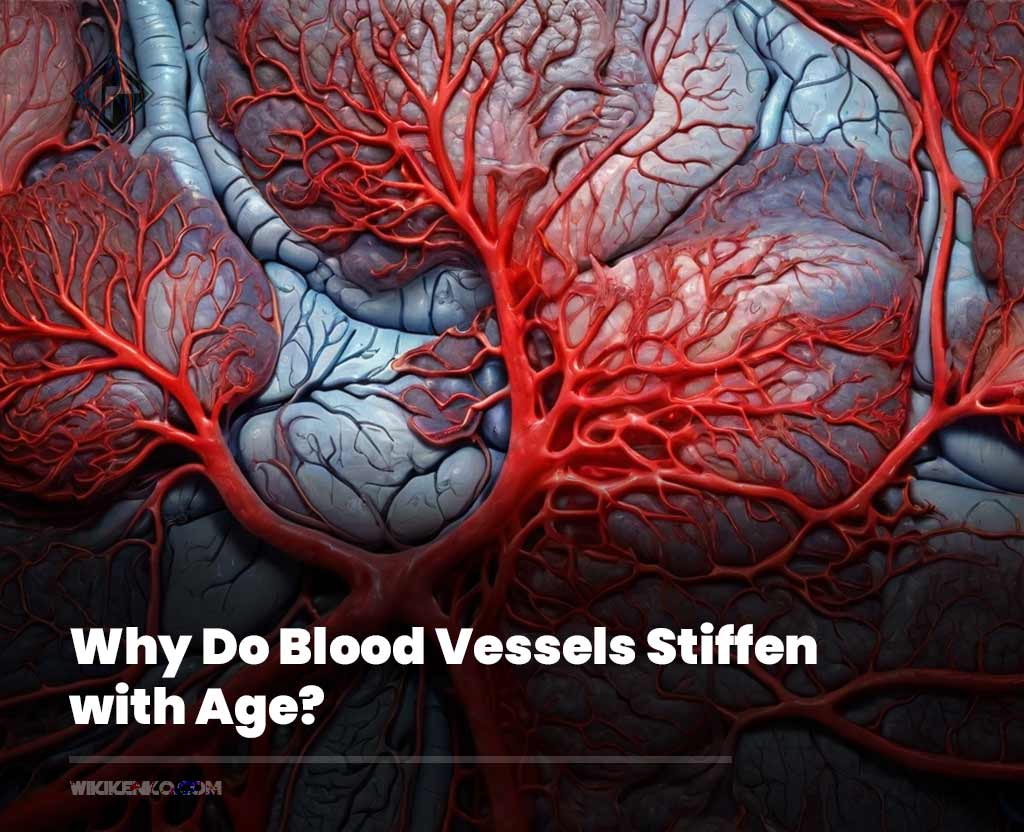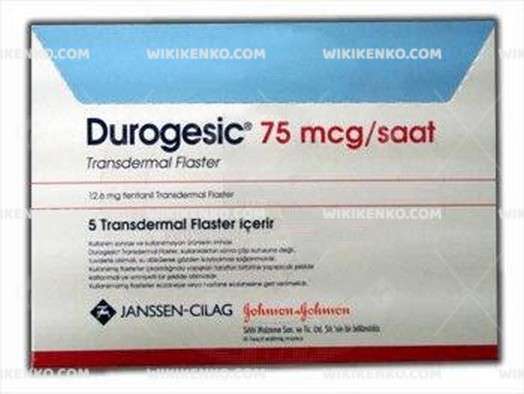As we age, various changes occur within our bodies, and one of them is the stiffening of blood vessels. But why does this happen on a molecular level, and what are the implications for our health? Let’s delve into the fascinating world of blood vessel biology.
The Role of Molecular Sensors
Researchers in Sweden have uncovered a vital piece of this intricate puzzle. They have identified a molecular sensor in the walls of blood vessels that governs how these vessels respond to increased blood pressure. This sensor is like a microscopic guard, and its name is YAP/TAZ.
YAP and TAZ: The Guardians of Vascular Health
YAP and TAZ, short for Yes-associated Protein and Transcriptional Co-Activator With PDZ-Binding Motif, are proteins found in the smooth muscle cells of blood vessel walls. These proteins spring into action when mechanical stress occurs. This stress arises when blood vessels are subjected to increased pressure, such as during elevated blood pressure.
In a study published in the journal “JCI Insight,” researchers from Lund University, led by Dr. Marycarmen Arévalo-Martinez, explored the function of YAP/TAZ in the blood vessel walls of mice.
The Key Discovery
What they found is truly remarkable. YAP/TAZ acts as a sensor that contributes to the elasticity of blood vessels. As we age, the levels of these proteins tend to decrease or even disappear. This reduction triggers a transformation in the smooth muscle cells of blood vessel walls. They morph into cartilage-forming cells, which ultimately leads to stiffening, inflammation, and scarring of the blood vessels. This process can ultimately contribute to atherosclerosis, a condition characterized by the hardening and narrowing of the arteries.
In mice where the YAP/TAZ sensor was experimentally removed, the development of vascular aneurysms occurred rapidly. Dr. Karl Swärd, a senior author of the study and a professor of cellular biomechanics at Lund University, emphasized the critical role of YAP/TAZ. He stated that “one cannot survive without these two proteins in the blood vessel wall.” YAP/TAZ likely forms part of an emergency system that enables cells to maintain the integrity of blood vessel walls despite increased pressure. However, when YAP/TAZ is compromised due to factors like aging and hypertension, the consequences can be severe, as this study demonstrates.
The Human Connection
This research isn’t limited to mice alone. Several key findings have been replicated in human tissues. For instance, YAP levels were found to be significantly reduced in human blood vessel walls that had formed aneurysms. This suggests that YAP/TAZ plays a similar vessel-protective role in humans as it does in mice.
Looking Ahead
As the aging population continues to grow, cardiovascular health remains a critical concern. Understanding the molecular mechanisms that underlie the stiffening of blood vessels opens the door to potential interventions. Future studies will aim to uncover why YAP/TAZ levels decline with age and explore how this signaling pathway might be influenced to prevent cardiovascular diseases.
Conclusion
In conclusion, the stiffening of blood vessels with age is a complex process influenced by molecular sensors like YAP and TAZ. These proteins, once reduced, can lead to serious health issues, making them valuable targets for further research in the quest for healthier aging.









